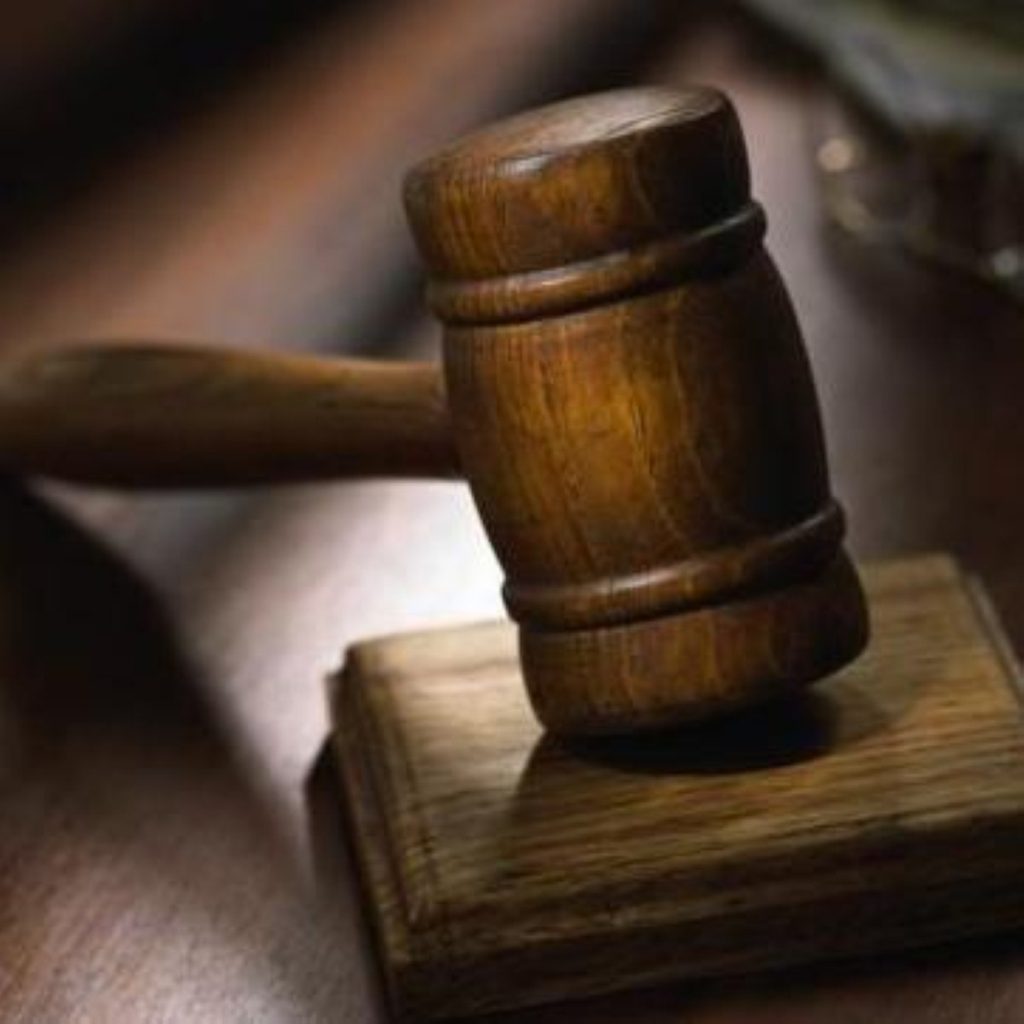DPP rejects ‘war on terror’
There is no “war on terrorism” in the UK and terrorists should be dealt with as any other criminals – within the law, the director of public prosecutions (DPP) has warned.
Ken MacDonald acknowledged the current threat was “intrinsically more dangerous” than that posed by the IRA, but warned against a “fear-driven and inappropriate response”.
“The fight against terrorism on the streets of Britain is not a war. It is the prevention of crime, the enforcement of our laws and the winning of justice for those damaged by their infringement,” he told the Bar Association yesterday.
“Acts of unlawful violence are proscribed by the criminal law. They are criminal offences. We should hold it as an article of faith that crimes of terrorism are dealt with by criminal justice.”


In comments that are at odds with the rhetoric used by Tony Blair and other senior ministers, Mr McDonald added: “London is not a battlefield. Those innocents who were murdered on July 7th 2005 were not victims of war.
“And the men who killed them were not, as in their vanity they claimed on their ludicrous videos, ‘soldiers’. They were deluded, narcissistic inadequates. They were criminals. They were fantasists.”
The DPP, who heads the Crown Prosecution Service (CPS), said fair and open trials were crucial and should be possible in terrorism cases given the right “political will”.
For example, he said a way must be found to allow the use of intercept evidence in courts without providing an “unreasonable burden” on the criminal justice and security agencies.
Mr McDonald stressed that the current situation was “not a zero sum game” between protecting national security or fighting terrorism, saying: “We must protect ourselves from these atrocious crimes without abandoning our traditions of freedom.”
He warned of a “real danger” that the government’s tactics would be “counterproductive”, saying: “Compromising the integrity of the trial process would blight the criminal justice system for decades. It would severely undermine public confidence.
“We should recall the impact the Birmingham Six case had on public confidence in the 1970s and 1980s. Nothing is more offensive to the constitution of a country than men and women sitting for years in prison cells for offences they did not commit.”

